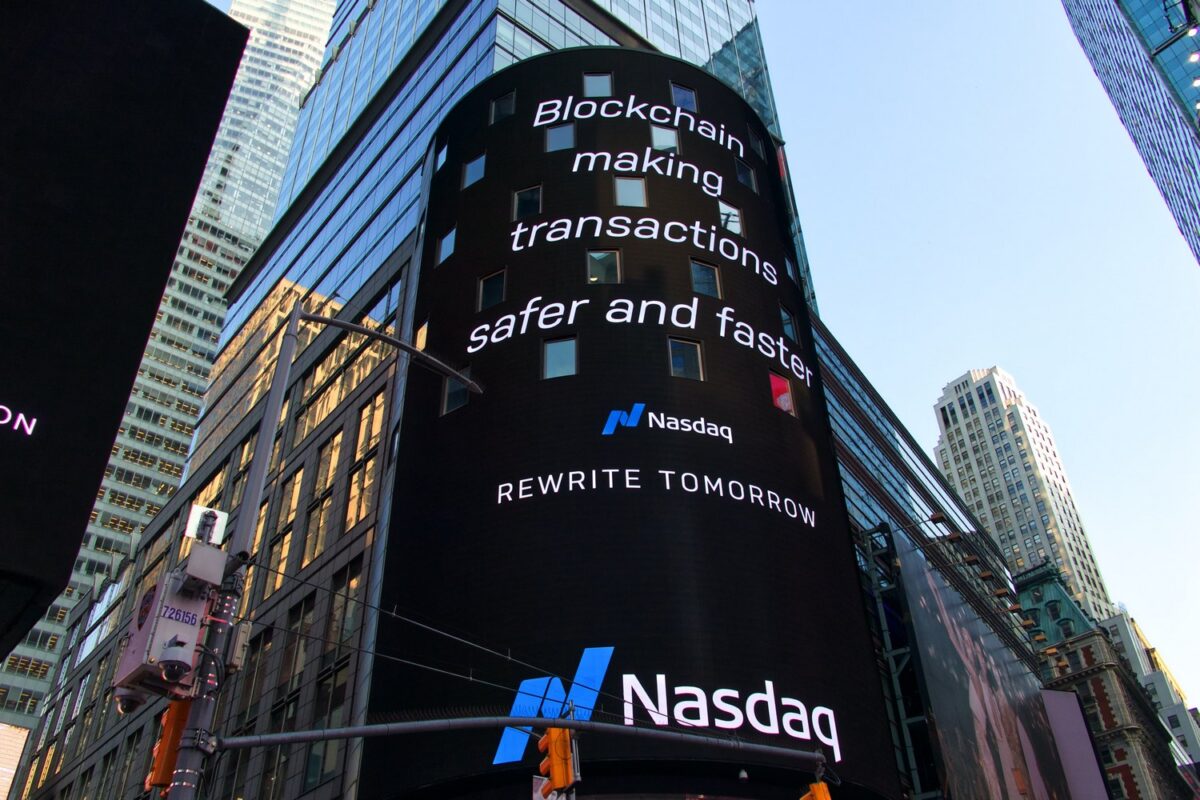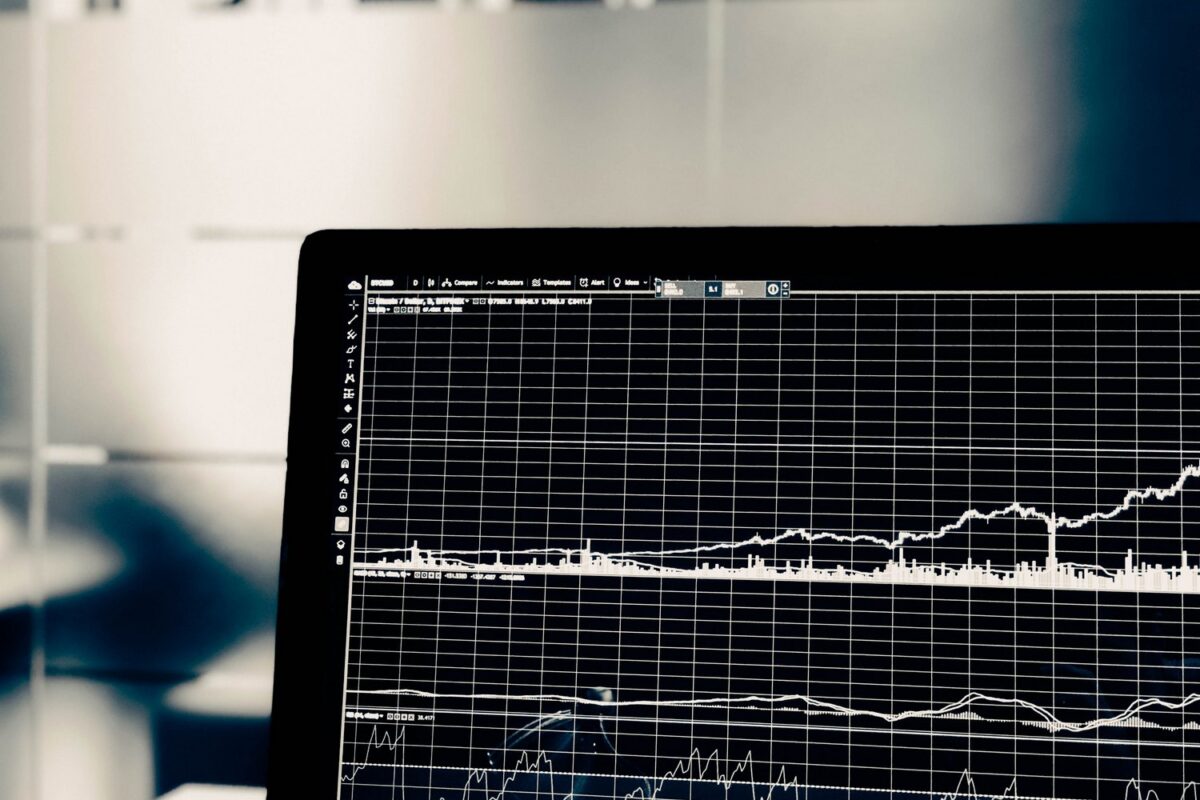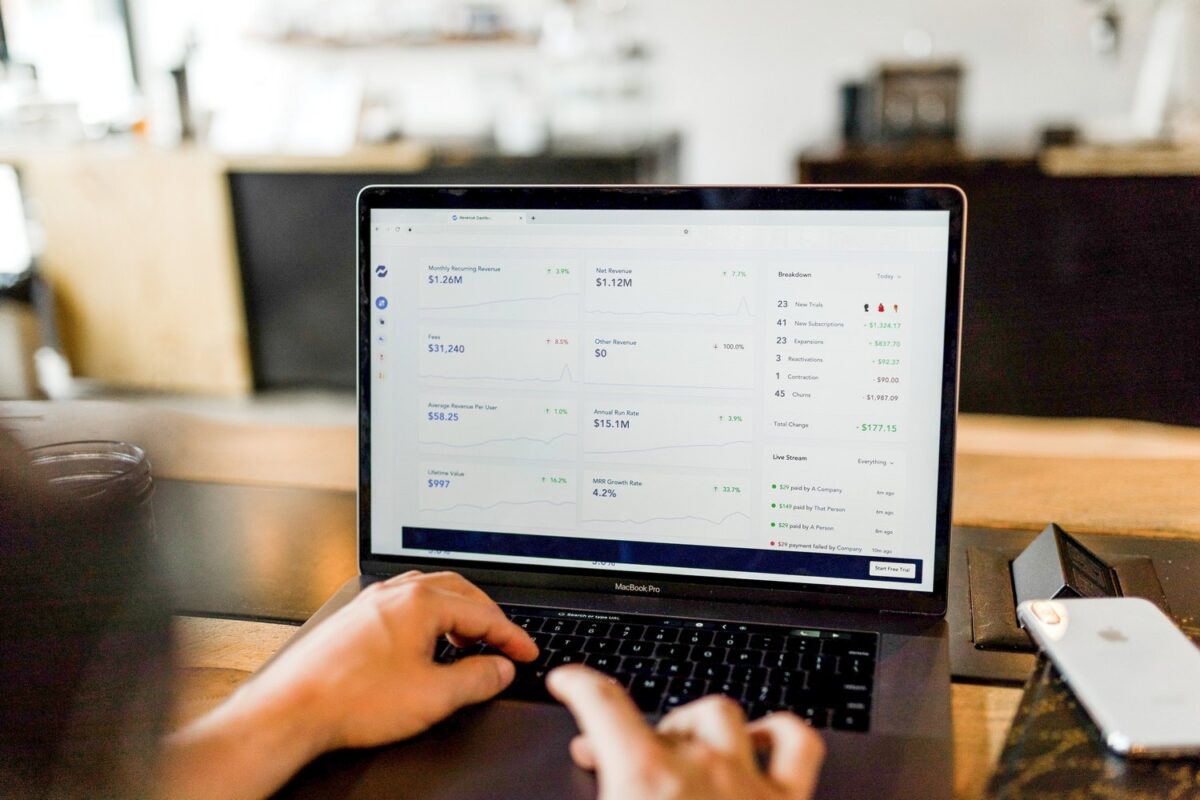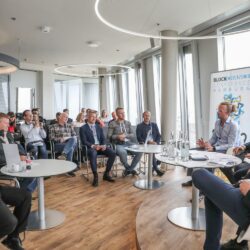
Blockchain in production – what’s new?
Secure and secure distributed ledger technologies can support the transfer of any data or digital asset. Therefore, decision makers in various industries are beginning to wonder, “How will blockchain change our future?”
Already today, this technology is changing the way we think about transparency and settlement in manufacturing and supply chains, from payments and audits to inventory and asset tracking. Frost & Sullivan, based on a report from the World Economic Forum, predicts that the blockchain market in manufacturing will exceed $ 26 billion by 2025.

All over the world, factories are producing products in huge volumes. However, there is still no guaranteed way to know how, when and where these products were produced, processed or shipped to end consumers. Before reaching their destination, goods must pass through a network of manufacturers, suppliers, carriers, warehouses and sellers. On the other hand, the consumer wants to see every step of the production and delivery process in order to guarantee the authenticity of the product.
Making the supply chain of goods transparent and visible to stakeholders will help manufacturers gain consumer confidence in their products and ecosystems. Therefore, today’s distributed supply chains need a system that will enforce safety standards for all parties with access to a complete set of product history data.
It is the blockchain that will provide understanding and control over the value chain, because everything will be reflected in the list of actions visible on the blockchain in real time. If there are defective segments in the supply chain, then with blockchain they can be easily traced back to the enterprise or production site level. Instead of shuffling a bunch of papers, bills, files, data, emails, manufacturers will be able to rely on a blockchain-based system to track goods with confidence throughout the journey.
One example is a blockchain solution for the food industry that Siemens is currently working on. Based on an open cloud IoT platform, suppliers, distributors and manufacturers will be able to collect data at every stage of the transport and production chain and store it on the blockchain.

Off-the-shelf blockchain applications on the cloud platform allow new chains and even offshoots to be created in the product lifecycle. Using the platform, you can restrict the rights to view information, disclosing only critical information to other participants in the supply chain. Data from manufacturing systems, equipment, IoT sensors and barcode scanners are encrypted and sent through secure cloud gateways to the blockchain.
This type of protected documentation is of particular interest to manufacturers who sell products all over the world and source ingredients from different regions. For example, through the blockchain, a potato chip manufacturer based in Frankfurt and using potatoes from Germany, salt from France and sunflower oil from Italy will have immediate access to all relevant information: where and how were the potatoes stored by the farmer? Under what conditions was the delivery made? Have all standards been met? Have the potatoes been peeled, washed, sliced and dried correctly?



